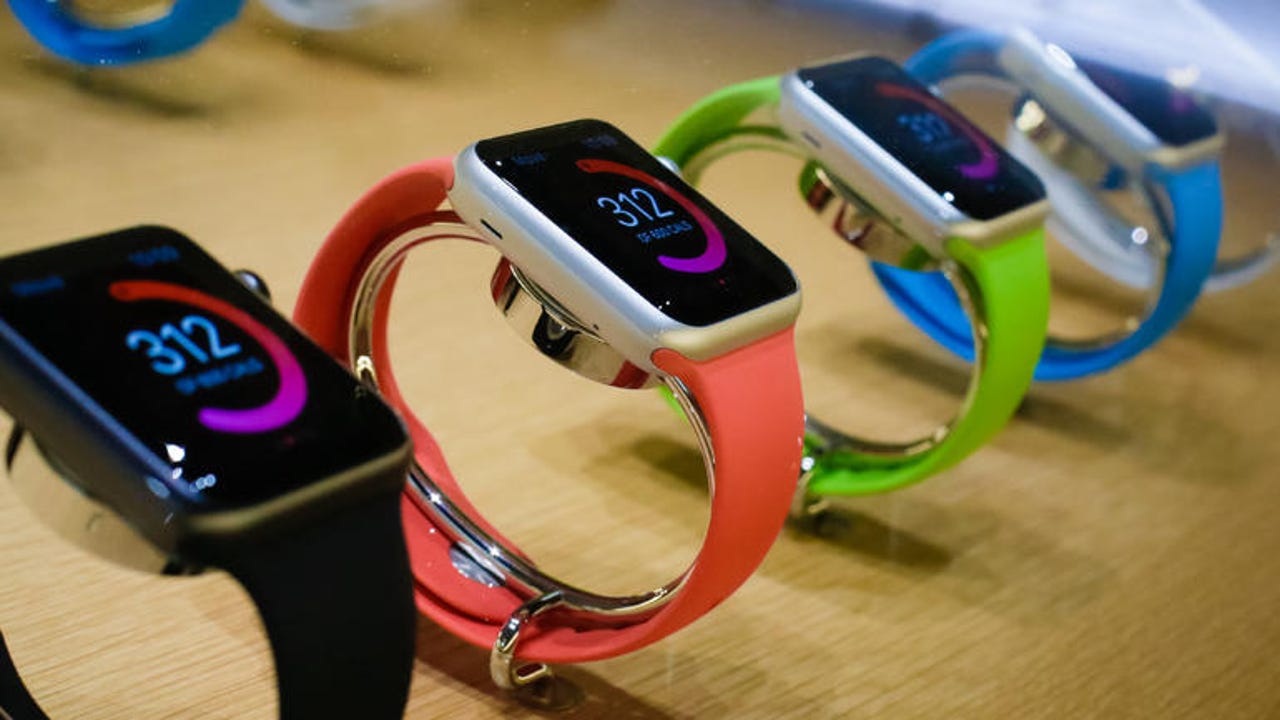Not just for running: There's another way that wearables can make you healthier

Could Apple Watches soon be used in medical trials?
Everyday consumer devices such as smartphones and wearable fitness monitors could be useful in the future for trialing new medical treatments, but the technology is still some way off being accurate enough to enable that to happen just yet.
That's according to Dr Thomas Keller, senior director of digital trials for pharmaceutical giant GlaxoSmithKline, who delivered a keynote on clinical health trials and wearable technology at this week's Wearable Technology Show 2016 in London.
Currently, GlaxoSmithKline is testing wearable devices which are equipped with various sensors to take readings and monitor data on around 2,000 medical trial subjects, mainly those with respiratory, inflammatory, or neurological conditions.
Constantly monitoring data makes the trial more effective, not only by providing clinicians with a steady stream of information, but also by freeing up the patient from having to fill in regular questionnaires or even allowing them to avoid health visits all together.
Given how each individual condition requires a specific set of data to be monitored -- and readings must taken from specific parts of the body -- sensors generally have to be tailormade to fulfil a singular purpose.
However, Dr Keller conceded that consumer-grade devices -- which could include the Apple Watch and Fitbit -- could be useful in medical trials when it comes to passively monitoring a patient.
"You could use some of these consumer-grade devices, just to understand what's their potential as a touching measure and whether they could inform good decision making," said Dr Keller.
Keller added that, while there is a case for consumer devices being used in trials, they shouldn't be relied on in situations where patients receive a different medicine or a change in dose. "The moment we're changing dose, with an intervention, then we need a medical device," he said.
But could that change in future, as wearable technology becomes more sophisticated and reliable?
"Eventually, maybe these branches will come together. We think in the long term they might, if the consumer-grade devices become a bit more reliable with better datasets, then maybe they can meet in the middle in the long run," Keller said.
Read more on healthcare tech
- The doctor can see you now: The surgeons using Google Glass in the operating theatre
- Apple, acquisitions, and adherence: Inside IBM's Watson Health unit
- Yes, insurers want your health data - but not for the reason you think
- Move over HealthKit: Why Apple's ResearchKit is proving the real hit with doctors
- Google Life Sciences strikes Sanofi deal over diabetes tech
